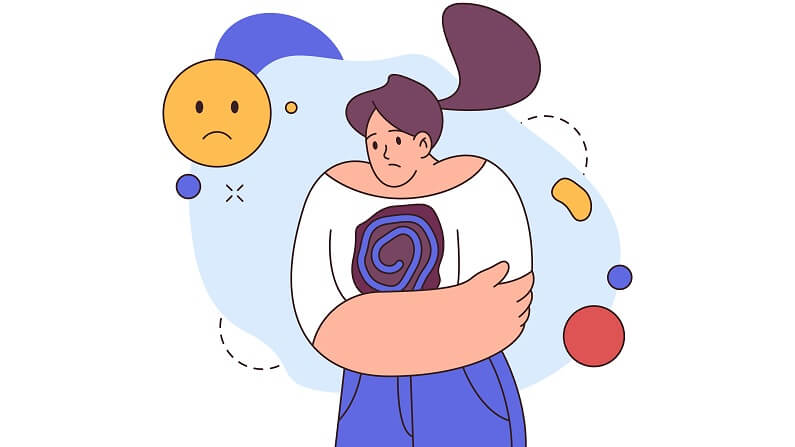The Power of Defence Mechanisms: Coping with Stress and Anxiety
Defence mechanisms are automatic psychological processes that help us cope with stressful situations. They can be both positive and negative, depending on how they’re used. In this article, we’ll explore the different types of defence mechanisms, their characteristics, and how they can impact our lives.
What are Defence Mechanisms?
Defence mechanisms are subconscious coping strategies that help us deal with anxiety, stress, and other uncomfortable emotions. They can manifest in various ways, such as denial, distortion, or manipulation of reality. While defence mechanisms can provide temporary relief, excessive use can lead to negative consequences.
Classification of Defence Mechanisms
Psychiatrist George Eman Vaillant proposed a four-level classification of defence mechanisms:
Level I – Pathological
These defence mechanisms are characterized by a complete detachment from reality. Individuals with pathological defence mechanisms may experience:
– Delusions
– Denial of reality
– Distorted perceptions
– Split personality disorders
– Physical symptoms without a medical explanation
Level II – Immature
These defence mechanisms are used to reduce distress and anxiety in adults. Individuals with immature defence mechanisms may:
– Act impulsively
– Express unwanted emotions in an anti-social way
– Believe they have a serious illness
– Harm themselves to take out anger on others
– Withdraw from responsibilities
Level III – Neurotic
These defence mechanisms are used by many adults to cope with stressful situations. However, overuse can lead to long-term problems. Individuals with neurotic defence mechanisms may:
– Redirect emotions to a safer outlet
– Drastically change their personality temporarily
– Make excuses and false reasoning
– Distance themselves emotionally from a situation
– Do the opposite of what they really want
Level IV – Mature
These defence mechanisms are typically used by healthy adults and are conscious processes. Individuals with mature defence mechanisms may:
– Help others to find personal satisfaction
– Anticipate and plan for the future
– Make jokes about unpleasant feelings
– Transform unwanted actions into something productive
– Suppress unwanted feelings and postpone thoughts
Conclusion
Defence mechanisms are a natural part of our psychological makeup. While they can provide temporary relief from stress and anxiety, excessive use can lead to negative consequences. By understanding the different types of defence mechanisms, we can develop healthier coping strategies and improve our overall well-being.
References:
https://exploringyourmind.com/neurotic-and-psychotic-defense-mechanisms/
https://www.ncbi.nlm.nih.gov/pmc/articles/PMC5815149/

